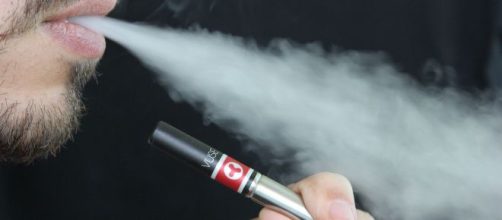The vaping industry has enjoyed explosive growth, in recent years, with companies like Juul becoming household names overnight despite the fact that vaping was relatively unheard of by most of the public just a decade or two ago.
Recent political and economic controversies have injected vaping-related news into the headlines, once again, and news outlets around the country and the broader globe are beginning to cover vaping-related issues with greater scrutiny than ever before.
Things came to a head in November when President Trump seemed ready and willing to enact a ban on most flavored e-cigarette options, yet that ban never materialized.
According to extensive reporting from the Washington Post, for instance, the president had a last-minute change of mind on the subject and balked on the decisive memo that would have clarified the governments’ stance on vaping.
The president believed job losses, tied to the ban, would cost him as he sought to trumpet economic growth and he didn’t feel comfortable making such a broad regulatory move ahead of the forthcoming 2020 presidential election.
Increase scrutiny
Vaping is coming under such close scrutiny that major companies are beginning to take steps to self-regulate their market in an effort to stave off closer government scrutiny that could prove to be immensely costly in the long term.
Juul, one of the most notable companies in the industry, accepted the proposed ban on flavored vaping products and has taken extensive steps to prevent its products from falling into the hands of minors following some well-publicized terror about youth vaping in schools.
A national media campaign centered around children vaping in schools, and other areas, helped spur a parental panic that led to a massive consumer and regulatory backlash in the industry. Juuling in school has become “a nightmare” for administrators who struggle to determine if the small, discrete devices are begin smuggled into classrooms from the nearest vape shop.
Even entertainment shows like South Park got in on the trend, helping inject the notion of youth Juuling further into the public consciousness and raising awareness about potential health problems stemming from their use.
FDA stepping in
As of now, relatively little is understood about the long-term health effects of vaping. While vaping has existed for some time, it’s only recently become a massive commercial success, which means there’s been a dearth of serious studies conducted over a long time and with excellent funding. In the future, that’s likely to change.
The FDA has launched a new campaign, called “The Real Cost,” to illustrate potential dangers of vaping and we can expect other regulators and private political actors to follow suit. While the vaping industry is generating huge profits, it’s also generating more than a little scrutiny pertaining to its regulatory future.


